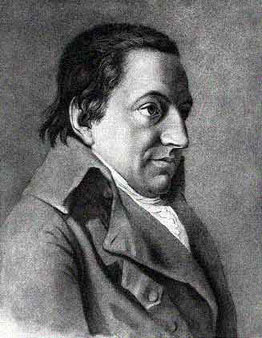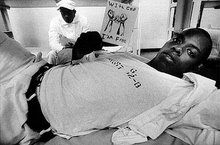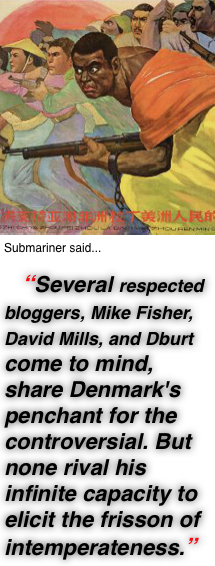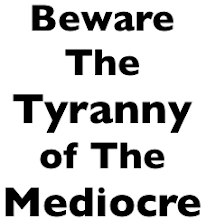The Prussian philosopher Johann Gottlieb Fichte (1762-1814), described by many as a philosopher and a transcendental idealist, wrote “Addresses to the German Nation” between 1807 and 1808, which promoted the state as a necessary instrument of social and moral progress. He taught at the University of Berlin from 1810 to his death in 1814.
 His concept of the state and of the ultimate moral nature of society directly influenced both Von Schelling and Hegel, who took an similarly idealistic view.
Using the basic philosophy prescribing the “duties of the state”, combined with John Locke’s view (1690) that “children are a blank slate” and lessons from Rousseau on how to “write on the slate”, Prussia established a three-tiered educational system that was considered “scientific” in nature.
His concept of the state and of the ultimate moral nature of society directly influenced both Von Schelling and Hegel, who took an similarly idealistic view.
Using the basic philosophy prescribing the “duties of the state”, combined with John Locke’s view (1690) that “children are a blank slate” and lessons from Rousseau on how to “write on the slate”, Prussia established a three-tiered educational system that was considered “scientific” in nature. Work began in 1807 and the system was in place by 1819. An important part of the Prussian system was that it defined for the child 1) what was to be learned, 2) what was to be thought about, 3) how long to think about it and 4) when a child was to think of something else.
Work began in 1807 and the system was in place by 1819. An important part of the Prussian system was that it defined for the child 1) what was to be learned, 2) what was to be thought about, 3) how long to think about it and 4) when a child was to think of something else. Basically, it was a system of thought control, and it established a penchant in the psyche of the German elite that would later manifest itself into what we now refer to as mind control. The educational system was divided into three groups.
 The elite of Prussian society were seen as comprising. 5% of the society. Approximately 5.5% of the remaining children were sent to what was called realschulen, where they were partially taught to think. The remaining 94% went to volkschulen, where they were to learn “harmony, obedience, freedom from stressful thinking and how to follow orders. ”
The elite of Prussian society were seen as comprising. 5% of the society. Approximately 5.5% of the remaining children were sent to what was called realschulen, where they were partially taught to think. The remaining 94% went to volkschulen, where they were to learn “harmony, obedience, freedom from stressful thinking and how to follow orders. ”An important part of this new system was to break the link between reading and the young child, because a child who reads too well becomes knowledgeable and independent from the system of instruction and is capable of finding out anything. In order to have an efficient policy-making class and a sub-class beneath it, you’ve got to remove the power of most people to make anything out of available information.



















































































































1 comment:
I train employees for accounting positions for a very large corporate plantation here in the States, many of the employees are MBA's and not necessesarily coming right out college. Some may have already been employed by the plantation, but in other postions. What I see is this auto response to information rather than the ability to critically think about an accounting situation and the inability to resolve it is amazing.
Post a Comment